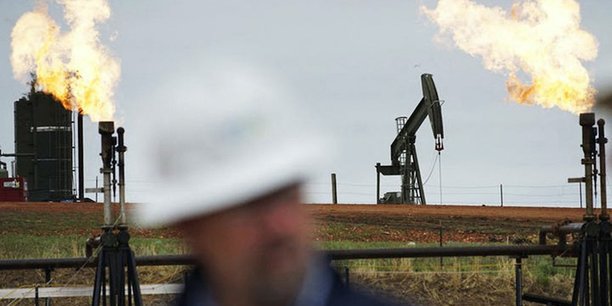The EU has banned cash payments of more than 10,000 euros

Vitalii / stock.adobe.com
The aim is to bring together the very disparate existing rules to detect and limit suspicious transactions in the 27 EU countries.
Not much cash. The European Parliament and member states agreed on Thursday 18 January to limit cash payments in the European Union to 10,000 euros.
Some countries, such as France, already have stricter rules on cash payments than the new European provisions. But in other states, such as Austria or Germany, cash payments have so far been unrestricted. The provision is part of a text aimed at better tackling the financing of terrorism, which was completed after two and a half years of negotiations and which will come into effect this year.
Money laundering in the viewfinder
The aim is to bring together the very disparate existing rules to detect and limit suspicious transactions in the 27 EU countries. This agreement “It will ensure that fraudsters, organized crime and terrorists no longer have the opportunity to launder their profits through the financial system.“, declared the Minister of Finance of Belgium, Vincent van Peteghem, whose country holds the rotating presidency of the EU Council for six months.
The new law harmonizes and tightens regulations against money laundering and terrorist financing, particularly those imposed on banks, real estate agencies and casinos. These institutions need to be able to identify their customers or asset owners behind opaque financial systems. The implementation of these rules will also be extended to the cryptoasset sector to ensure traceability there as well. They will also concern themselves with the trade of precious metals, jewellery, watches, as well as luxury products such as very high-priced cars, private jets or yachts.
Also readFaced with inflation, Cuba limits cash payments
Related Football Clubs
Finally, professional football clubs and their agents will also be subject to reinforced rules, but at the end of a five-year transition period after the entry into force of the text, so from 2029. The new law will strengthen powers elsewhere. Financial Intelligence Services. The European Parliament and member states approved the creation of a European Union Agency against Money Laundering and Terrorist Financing in December. The organization’s future headquarters is coveted by many countries, including France and Germany.
The new agency, designated by its English acronym AMLA (“Anti-Money Laundering Authority”), will be specifically responsible for supervising and coordinating national authorities to better detect and combat suspicious cross-border activities. This package of measures was proposed by the European Commission in July 2021. Financial Services Commissioner Mairead McGuinness said on Thursday “An important step in the fight against dirty money in the EU“
” data-script=”https://static.lefigaro.fr/widget-video/short-ttl/video/index.js” >
(Tags translation company




:quality(70)/cloudfront-eu-central-1.images.arcpublishing.com/liberation/6YUPYZ7BVFCWZBWROO6T4ERXDI.jpg)
